These days, getting an air conditioner has become something of a requirement. It’s difficult to decide which choice is right for you because there are so many to choose from. With this comprehensive guide on how to pick the right air conditioner for yourself, we made buying an air conditioner a lot simpler for you.
The worst time is in the middle of the summer when temperatures in urban areas can reach 36-37 degrees Celsius, and rural areas are no exception. You may be shifting your home at a new place or searching for one for your office. It becomes important to choose the best air conditioner (AC) for your needs. Air conditioners (ACs) have thankfully become much more affordable and much more effective in recent years. With this informative guide on how to pick the right air conditioner for yourself, we made purchasing an air conditioner a lot simpler for you. It describes what you should keep in mind before buying an air conditioner. You may also use our comparison tool to compare the specifications and features of up to four different air conditioners.

WHAT TO THINK ABOUT WHEN BUYING AN AIR CONDITIONER?
When it comes to air conditioners, we consider cooling power, ambient temperature, filtration, the coolant used, and a few of the more advanced features that have recently become common.
WINDOW AC’s TYPE
They’re big because they have to fit all of the components into a single chassis. This also means that a buyer has fewer items to think about, resulting in the whole unit being cheaper than the others.
Window AC Air Conditioner Purchasing Guide
1. Windows Air Conditioners
For this purpose, certain air conditioners are also known as Monoblock. To place a Window AC on a wall, you’ll need walls that are 9-12 inches thick. If your walls are thinner than that, you’ll need an extra support system or you can look for a thicker wall.
Advantages
- Low cost
- Easy installation
- Monoblock design
Drawbacks
- Noisy
- For mounting, a thick and sturdy wall is necessary
SPLIT AC’s
Split air conditioners are better than window air conditioners since the compressor and heat dispensing coils are divided into an external device that sits outside your house. Split air conditioners are more difficult to maintain since maintenance staff must access the external unit.
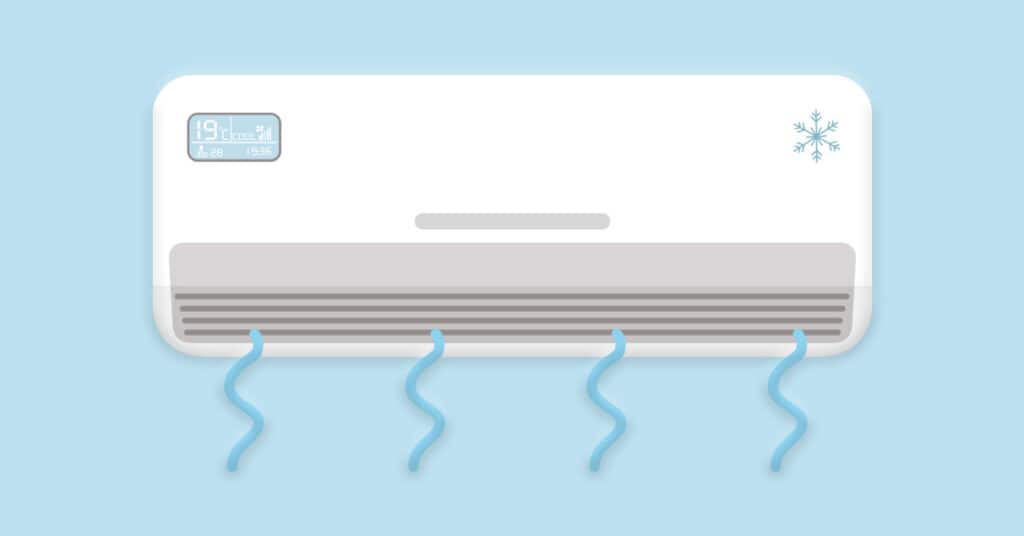
Split Air Conditioner Purchasing Guide
1. Internal Split Air Conditioner Unit
There are also certain limits on the distance between the internal and external units that can be mounted. The further apart the two are placed, the less effective the combination becomes, so keep it as low as possible. These air conditioners can be mounted up to 40 metres apart as long as the interconnecting tubing is well-covered. Cassette air conditioners are a form of split air conditioner in which the internal device is placed on the room’s ceiling.
Advantages
- Expensive
- Low-noise
- Can be mounted on any wall
Drawbacks
- Difficult to install
- Installation is difficult
- There’s a greater likelihood of coolant spills
2. TONNAGE OR CAPACITY
When attempting to cool a room, consider the room’s size, the number of heat sources, the ambient temperature of the geographical area, the number of windows in the room, and the number of sun-exposed surfaces. These variables play a role in thermodynamics’ basic laws, but we’re not going to teach you physics in this guide; instead, we’ll break it down into clear logic. We’re going to show you a really easy calculator. Simply select the appropriate option from each parameter row. In each row, you can only choose one choice. There are a total of ten rows. To get the final grand total, add the scores from each row together.
Window split air conditioner purchasing guide
1. Calculator for AC Tonnage
If your score is higher than what this chart shows, divide the room into two logical sections and use the above chart for each segment before installing two air conditioners.
Check out our hand-picked list of the best split and window air conditioners for various tonnages. In India, the best 1.5-tonne window air conditioner is In India, the best 1.5 tonnes split air conditioner is In India, the best 1 tonne split air conditioner is
2. RATING AND EFFICIENCY
When it comes to large appliances, you’ll still see an energy efficiency rating. Any air conditioner must have a label showing its quality on a 5-star scale, according to the Bureau of Energy Efficiency. The higher the number of stars on this scale, the more effective the air conditioner would be.
Buying a window air conditioner or a split air conditioner BEE ISEER is an energy efficiency rating system for bees.
- ISEER (International Standard for Energy Efficiency in Refrigeration)
ISEER is a rating system for air conditioners
The Energy Efficiency Ratio is determined by dividing the cooling capacity of the air conditioner by the amount of power it consumes.
- Ratings for air conditioner quality
These ratings will help you save a lot of energy. A 5-Star air conditioner can be up to 35% more effective than a 1-Star air conditioner. However, 5-Star air conditioners are much more costly, and it will take a few years before the higher cost is offset by the money saved on energy bills.
3. NON-INVERTER OR INVERTER
DC (Direct Current) power is converted to AC (Alternating Current) power by AC inverters. You take the AC power from the wall socket, convert it to DC, and then convert it back to AC for the compressor motor in air conditioners. Traditional air conditioners used to do this in a predetermined way, with compressors either on or off. The switching frequency of inverter air conditioners is more complex. This allows the compressor to operate in a more variable fashion, allowing you to adjust the air conditioner’s tonnage/capacity to meet your needs. Standard air conditioners can’t match this level of precision when it comes to temperature control. Inverter air conditioners, on the other hand, take a little longer to achieve the desired temperature than conventional air conditioners. These inverter air conditioners are often more costly to fix due to the complicated circuitry involved, particularly when the main circuit board, i.e., the PCB, goes wonky, and you have to replace the board entirely.
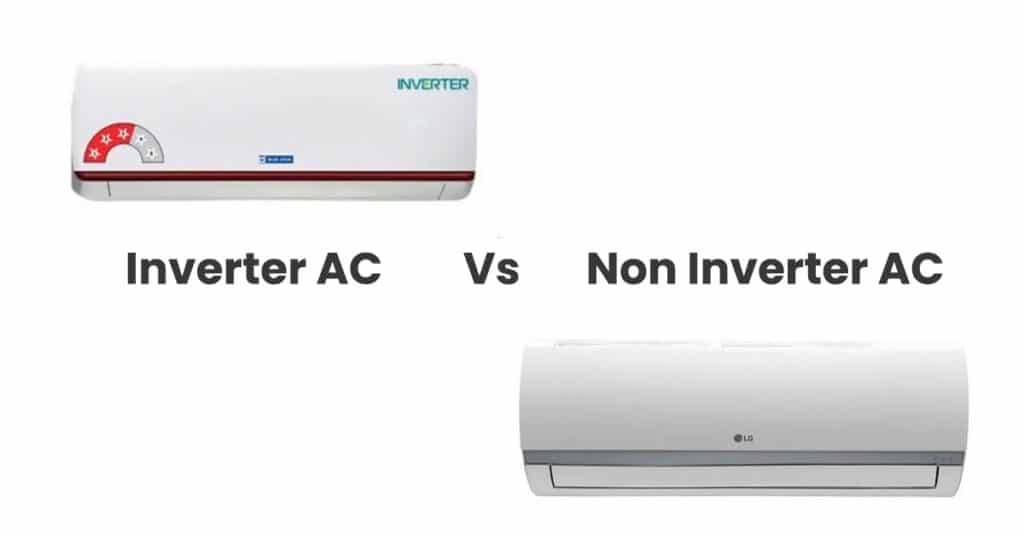
Since the circuit boards on conventional air conditioners were not complicated, you could easily substitute the individual components on the circuit board. You can always replace the components on an inverter air conditioner if you have the parts list, but you’ll be stuck if the main microcontroller is broken. Before you replace them, you’ll need to configure them. Since inverter air conditioners have a variable and precise capacity, you only use the exact amount of power required. As a result, inverter air conditioners are more energy-efficient than conventional air conditioners. Twin cylinder compressors are also used by some manufacturers, allowing for more control over the compressors. This, combined with inverter technology, allows you to save even more energy. Complicated machinery, on the other hand, appears to break down more often than simpler machinery. Here’s a short rundown of the benefits and disadvantages.
Advantages
- Saves energy
- Maintains stable temperatures
Drawbacks
- Expensive
- Unreliable
4. MISCELLANEOUS FILTERS
They are a form of filter that is used for a variety of purposes. Filters have the ability to capture debris while still acting as an air purifier. These air conditioners have a separate replaceable filter module, which is more popular in commercial HVAC systems designed for hospitals and clean rooms. Most home air conditioners lack such sophisticated filters. You should pay attention to the air conditioners that list PPM statistics for identified contaminants rather than common words like “bacteria filters.”
5. THERMAL CONTROLS
During the cold winter months, some air conditioners will heat the space. This is advantageous because it reduces the number of appliances needed.
6. TIMERS
Timers allow you to schedule the air conditioner to run for a certain amount of time before shutting down on its own. This is useful if you want the space to be cooler before going to bed and then want the air conditioner to turn off after a few hours.
7. AFTER-SALE GUARANTEE
When you’ve agreed to buy an air conditioner, make sure it comes with after-sales support. They should cover you in the event of a breakdown due to a malfunction. They can also make trained technicians available who are familiar with the work of AC repair services. They can also keep you from incurring any extra fees or costs.
A FEW COMMON QUESTIONS
1. What is the best air conditioning brand?
On the market, there are a plethora of air conditioning brands to choose from. Choosing the best air conditioner is a difficult job. This guide will give you an idea of what to look for when purchasing air conditioners. One is energy conservation. Another is environmental friendliness.
You must also consider the financial aspect. When all three major factors are taken into account, inverter AC units are always the better choice.
Hitachi, Mitsubishi, LG, Voltas, and others are among the most well-known. Local Indian brands such as Onida and Godrej produce air conditioners tailored to Indian conditions. These are all well-known labels. You can choose the one that provides the most benefits for the least amount of money.
2. What is the best air conditioning services?
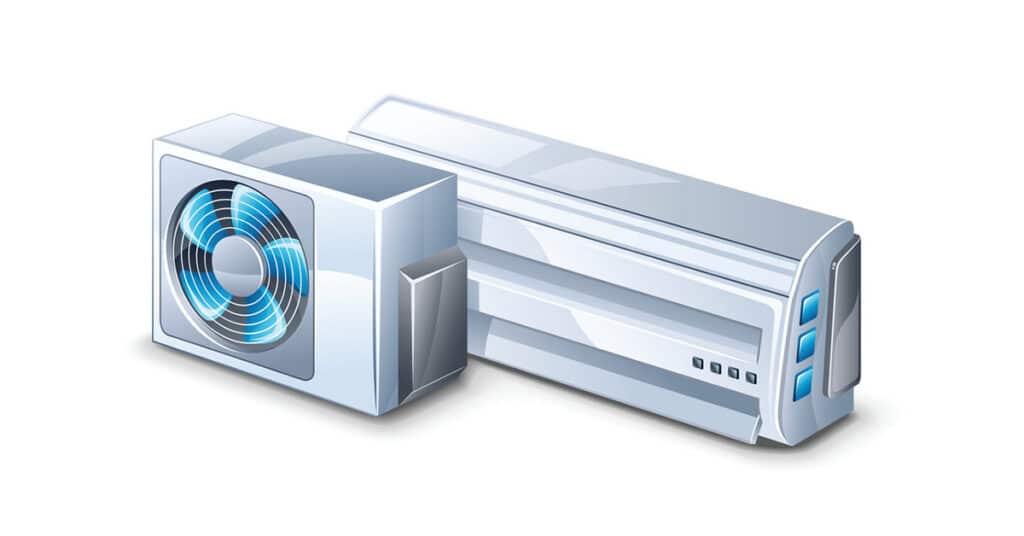
It’s a good idea to check ahead of time to see if the AC manufacturer has plans to service your unit in your neighbourhood. It is not possible to transport it to another city. Reputable manufacturers, such as Carrier and Daikin, typically have agreements with local service centres. Before choosing the right AC brand, it is a good idea to read customer feedback.
3. Is it safe to buy air conditioning online?

Yes, that is right. You can buy the best air conditioner units at great discounts from reputable websites like Amazon. There is no harm in purchasing air conditioners online, particularly from reputable eCommerce platforms.
4. Is it appropriate to choose an air conditioner with an aluminium condenser?
Copper and aluminium are the most common metals used to make condenser tubes. Both of these metals have their benefits and drawbacks. As compared to aluminium, copper has a high heat transfer coefficient. Aluminium, on the other hand, is highly malleable and relatively inexpensive.
They do, however, necessitate further upkeep. As a result, even though copper is the favoured option all over the world, you can choose AC with aluminium condensers. Aluminium condensers are also a good option.
5. What is the difference between Blue Fin and Gold Fin technology?
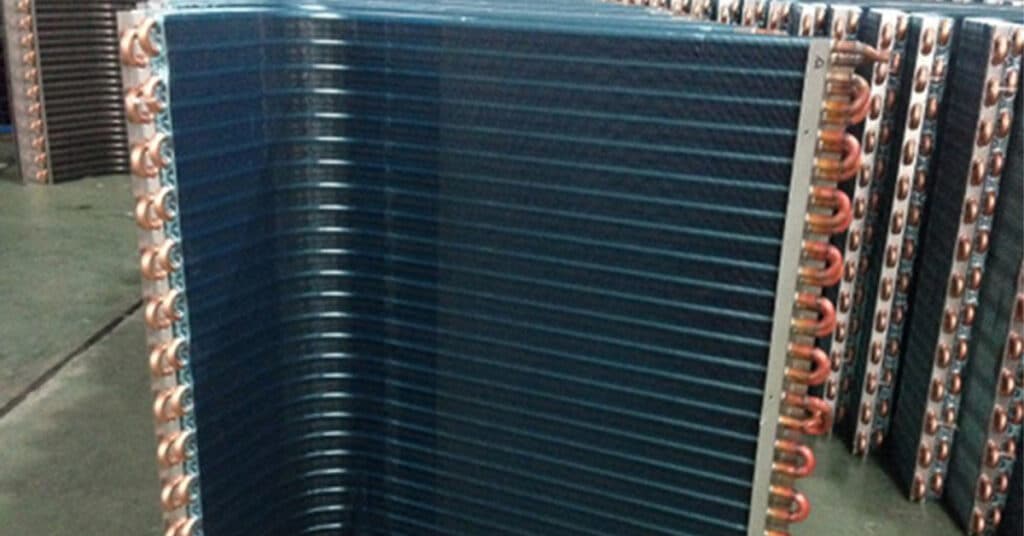
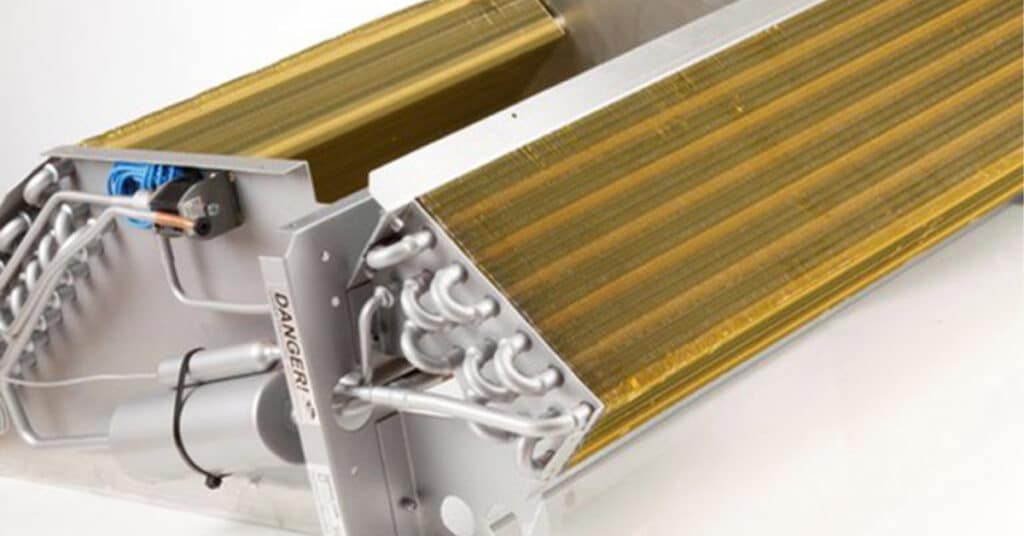
Corrosion is the most significant threat to these air conditioners. Corrosion allows the condenser tubes to corrode over time, necessitating replacement and repairs. Manufacturers use Blue Fin or Gold Fin technology to solve this issue, which includes coating the condenser tubes with anti-corrosive paint. This extends the life of the air conditioner. The only difference between Blue Fin and Gold Fin technology is that Gold Fin does not rust as easily as Blue Fin, extending the AC’s lifespan.
However, in contrast to Blue Fin, this technology is more costly. Both of these technologies have advantages and disadvantages. After weighing all factors, it is up to the user to make a decision.
6. Does the air conditioner need a stabiliser?
There is a voltage operating limit on any AC. The AC label will have this set printed on it. Check to see if the voltage fluctuations in your region are greater than these. If this is the case, you can buy a stabiliser for your air conditioner to protect it from voltage fluctuations. It is preferable to be healthy than sorry. As opposed to the cost of your air conditioner, a stabiliser is a steal. Install one and you won’t have to be concerned about voltage fluctuations.
7. Is there a better condenser for coastal areas?
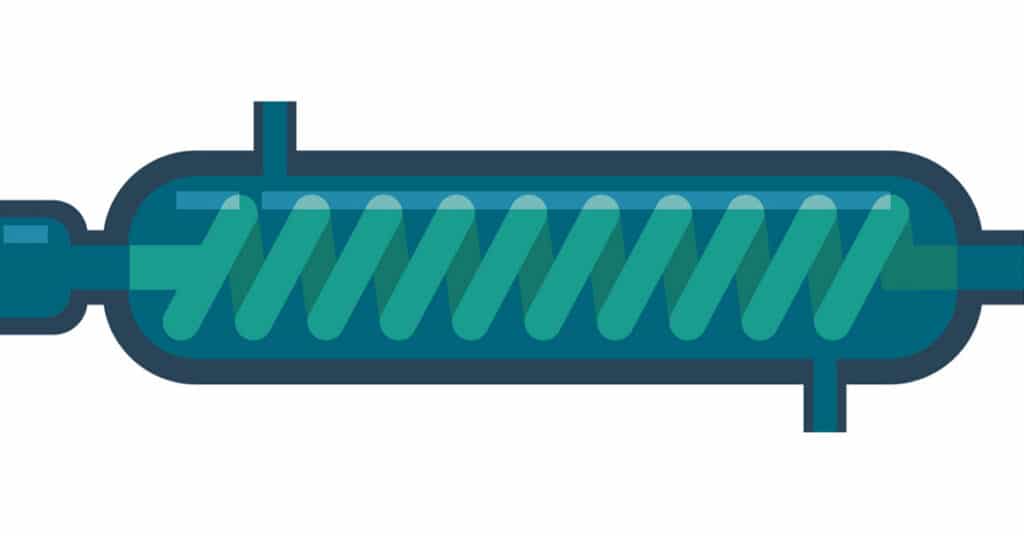
Corrosion is the most common issue with condensers. Copper is an outstanding metal for condenser coil production. Copper, on the other hand, is the only metal that is susceptible to formicary corrosion. The presence of oxygen, water, copper, and organic acid is needed for this form of corrosion. The worst thing is that this corrosion is undetectable to the naked eye. This form of corrosion is common in coastal areas where there is a lot of humidity in the air. Copper coils and aluminium fins are commonly used in air conditioning systems. Galvanic corrosion is an issue with such units. As a result, using a single metal for both the condenser tubes and the fins is preferable.
In coastal areas, microchannel condenser coils are the best choice. This technology is used by Samsung to make condenser coils. The condenser coils are coated with Blue Fin and Gold Fin technology by the major air conditioner manufacturers.
8. What are air purifiers, dust filters, and bacterial filters in an air conditioner?
There is a lot of pollution in the indoor air. Respiratory symptoms can be caused by dust and bacteria. When you are not using the air conditioner, you should leave the room’s doors and windows open. This means that the air is circulated. When using the air conditioner, however, you must close all windows and doors. This means you’re inhaling the same air.
Dust and bacterial filters in the air conditioners prevent these contaminants from recirculating. Modern air conditioners also have air purifiers. This means that you are breathing pure, clean air. When you take these filters out of the AC for washing, you’ll notice how much dust is in the air.
9. What is the purpose of a dehumidifier?

The air absorbs a lot of humidity in its natural state. When you run the air conditioner in regular mode, it circulates the humidified air throughout the machine. This is why your air conditioner has a dehumidifier mode.
This is also known as a Dry mode, in which the air conditioner eliminates excess humidity from the room while maintaining a constant temperature. As a result, people who live along the coast can opt for air conditioners and dehumidifiers. They increase the AC’s comfort value.
10. What is a dual inverter air conditioner?
This Dual inverter compressor can be used in some LC AC models. The name implies that you get twice the efficiency of a single inverter air conditioner. This technology ensures that the air conditioner runs quietly and cools quickly. When it cools faster, the compressors must operate at low speeds for the majority of the time. As a result, you save a lot of money on your energy bill.
11. What is Mosquito Away technology, and how does it work?
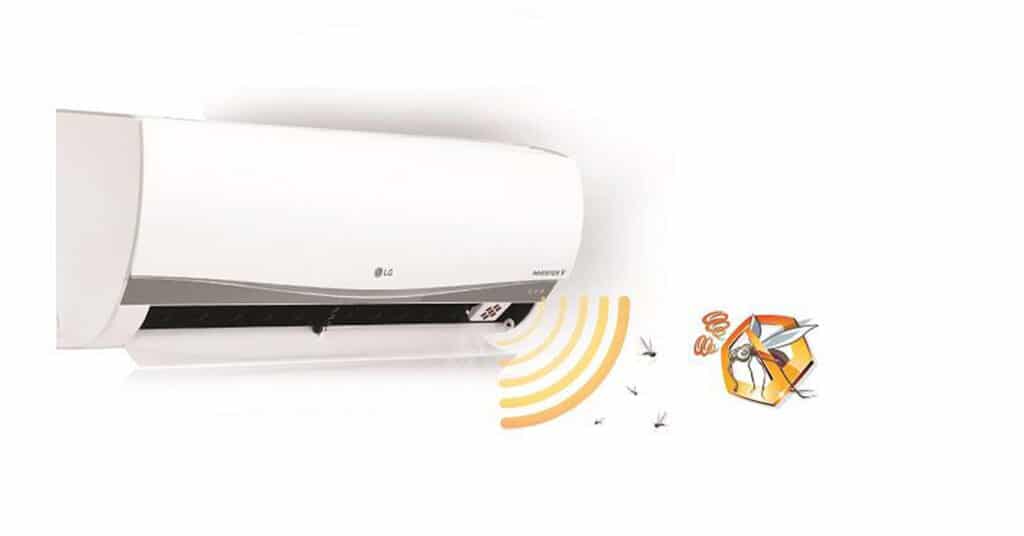
The Mosquito Away technology is used in the most recent LG air conditioners. To keep mosquitoes at bay, this technology uses ultrasonic sound. The AC units produce a sound that is audible to humans but not to animals. It can, however, deter mosquitoes. This technology is also used by LG in their tablets, washing machines, and televisions.
CONCLUSION
By this time, you would have gained some idea regarding your AC purchase. We are glad to help you. You can also approach some AC services for installation and maintenance. We hope you have an amazing experience in purchasing your air conditioner.
Also read: How to hire an AC Service professional, AC Maintenance Checklist – Things you Should Know

